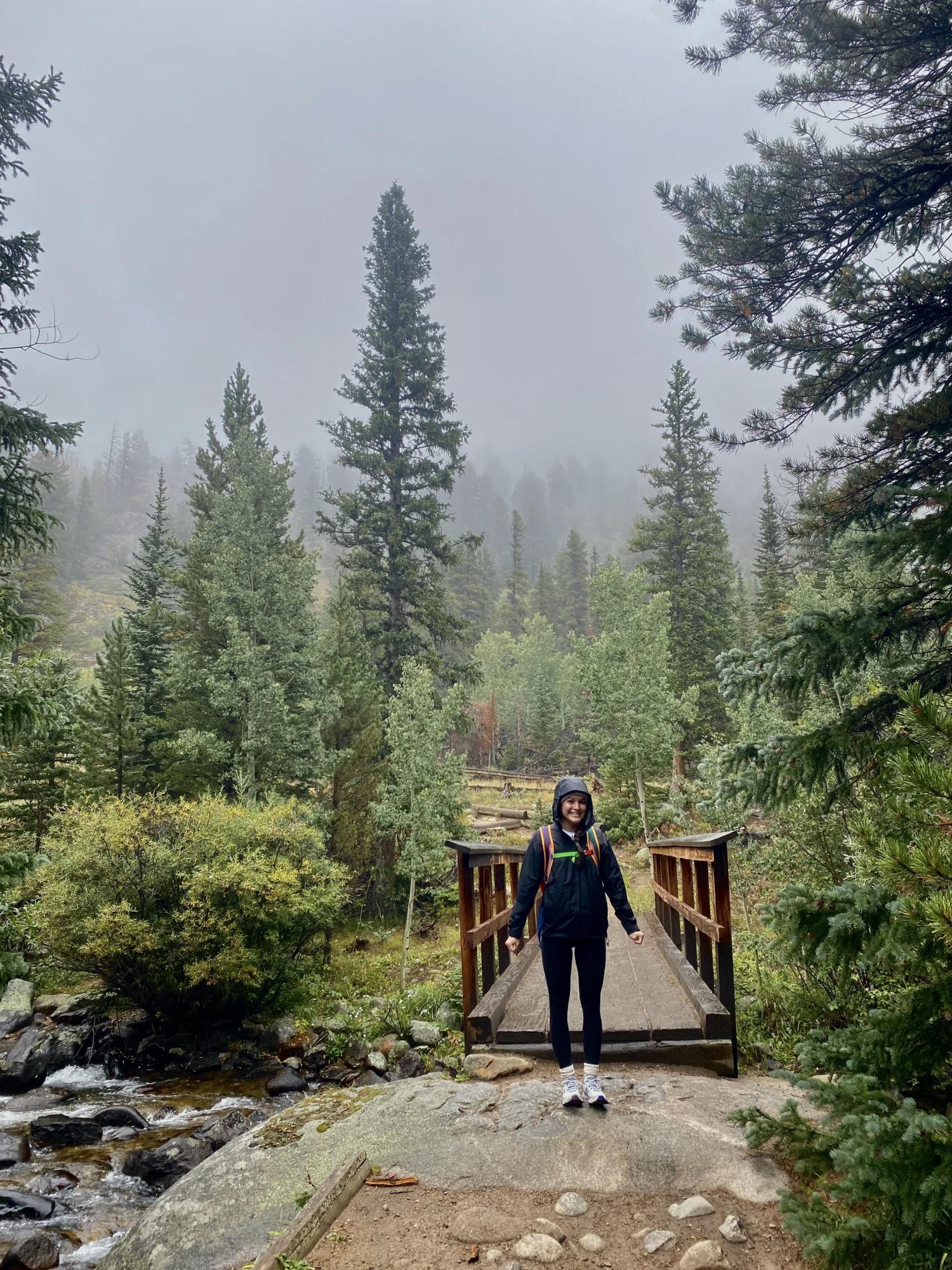Amnesia from a Lobster Roll? - Elisabeth Sellinger
My passion for marine studies began after taking a summer course on the Big Island of Hawaii where I learned about the biology and ecology of the island through a cultural lens. Since then, I have been interested in interdisciplinary research involving biology, chemistry, ecology, and environmental policy.
While here in the Ecology and Evolutionary Biology (EBIO) department at the University of Colorado Boulder (CU Boulder), I have built a strong foundation in these disciplines and have also broadened my scope to include a minor in Atmospheric and Oceanic Sciences (ATOC). The skills I developed both in class and through my lab position in Dr. Nancy Emery’s lab in the EBIO department were combined and strengthened this past summer through a National Science Foundation Research Experience for Undergraduates at the University of Rhode Island’s Graduate School of Oceanography.
During this 10-week program, I performed research on the cosmopolitan phytoplankton Pseudo-Nitzschia. This diatom genus has toxigenic species which produce a neurotoxin called domoic acid. Domoic acid biomagnifies within the food chain, meaning that larger organisms consume higher concentrations of this neurotoxin, which can lead to spatial memory impairment in marine mammals (ex: navigating to breeding grounds) and permanent short-term memory loss in humans, among other impacts. Severe cases of domoic acid poisoning can even result in death.
My research focused specifically on Pseudo-Nitzschia species from Narragansett Bay, RI, which had shellfishery closures in 2016 and 2017 due to concerning levels of domoic acid present in shellfish meat. I looked at what nutrient conditions within the water led to higher levels of domoic acid produced per cell of Pseudo-Nitzschia as well as the overall bloom size. By manipulating the concentrations of three nutrients used by these diatoms for growth, I was able to analyze how they impacted bloom size and domoic acid production. This information is very important for informing local shellfisheries and public health officials to ensure the safety of the community. It is also contributing to the growing knowledge of this diatom species and its global bloom dynamics.
I am excited to continue my research from this internship for my honors thesis here at CU Boulder and present my findings to the scientific community. Now the next time you eat a lobster roll or a good bowl of clam chowder, you don’t have to worry about permanent short-term memory loss– scientists are on the job!



